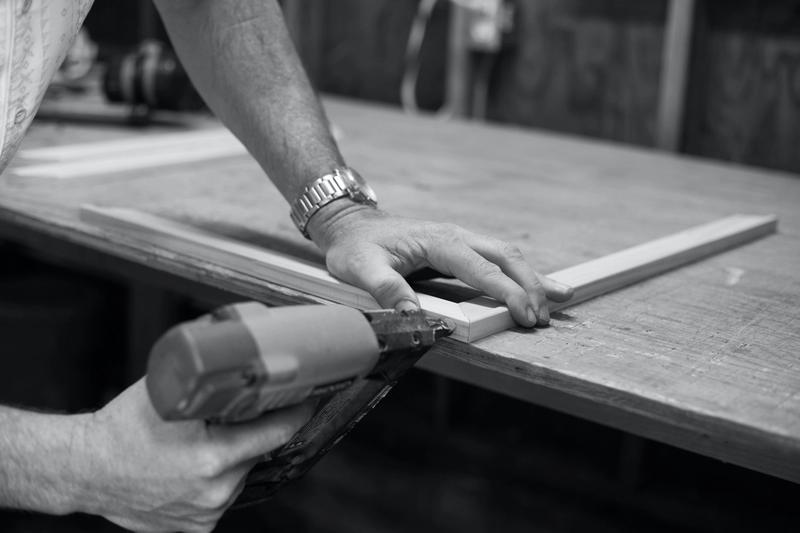
Voluntary Administration – Building Developer Case Study
This South Australian builder continues to trade, thanks to a DOCA, restructure and dispute resolution
The building developer was a successful and well regarded Adelaide-based company, with a trading history of over 10 years specialising in bespoke and middle density housing construction.
Following a lengthy dispute over a joint venture project, the company eventually found itself in financial trouble, unable to trade its way out of the heavy losses it had sustained through the project. It had accumulated multi-million dollar liabilities on the property development without any direct ownership of the asset, due to undocumented agreements with external parties.
While the matter was eventually resolved in the Supreme Court in the company’s favour, it was unfortunately too late to save the business, which had accumulated debts of more than $6 million. The director decided to place the company in Administration, leaving a number of clients with unfinished homes, many of the company’s employees without jobs, and dozens of subcontractors and suppliers financially out of pocket.
While some people might see calling in a Voluntary Administrator as a last resort action for a business to take, a VA moratorium can actually be a company’s salvation. This is because a restructure of operations, creditors and assets needs to take place to make the company financially viable again and an appointed Administrator has the skills and expertise to be able to achieve this.
Voluntary Administration is normally a relatively brief process, lasting no more than five weeks or so, during which time the company is able to continue trading as per normal while the Administrator goes about identifying improvements that can be introduced in the way the company is operated.
When Australian Debt Solvers were appointed as Administrators of the company, the director did not want the company to be wound up, not only because there would be virtually no return to unsecured creditors but he would also lose his builders licence as a result.
So after reviewing the company’s finances, we organised instead for a Deed of Company Arrangement (DOCA) to be entered into between the company and its creditors, where unsecured creditors would receive 40 -50 cents in the dollar over a period of several months.
A Deed of Company Arrangement (DOCA) is an agreement between a company and its creditors which details how the company’s affairs and assets will be dealt with. Its aim is to find the best possible solution for all parties involved – not just for the company, but also for its employees and its secured and unsecured creditors.
Here’s how it works. First, the administrator notifies all creditors that they are handling the company’s affairs. Then the Administration team – in this case Australian Debt Solvers – works through the company’s assets and liabilities in order to create a strategy of trading that will help the business to become more profitable.
Then we organise a first and second meeting of creditors and work through the Deed of Company Arrangement with them. Once the DOCA is confirmed, we hand back the keys to the Director and the company trades on.
As well as providing a return of up to 50 cents in the dollar for unsecured creditors, the DOCA we were able to negotiate also provided a return in full to secured creditors and priority employees and maintained the Director’s builders licence, allowing him to continue as a builder and undertake future property development.
Today the building development company is continuing to trade successfully thanks to its Voluntary Administration intervention and the director remains very appreciative.
We care about our customers
At Australian Debt solvers we take feedback seriously and pride ourselves on providing the best customer services possible
Rated 5 out of 5
